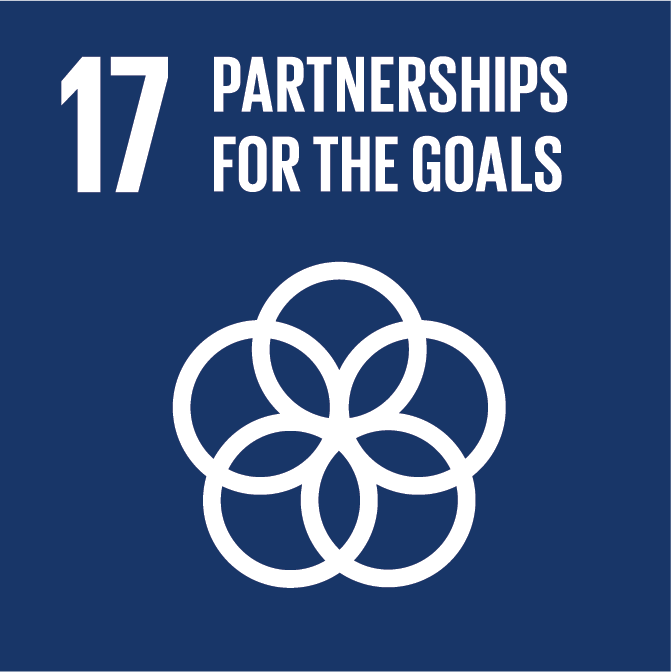Topic outline
This course was created with Adobe Flash technology. Since this technology is no longer supported by modern internet browsers, the online version was removed. The downloadable version and content of the course (text only) are still available. In order to access them, please read the instructions in the System requirements section below.
This course covers the processes relevant to the creation and management of digital libraries and repositories, including digital file formats, metadata management, database management.

This course is targeted to individuals involve in the management and dissemination of documents: library managers, publication officers, communication specialists, archivists, information specialists, system managers, content developers and general management.
- Importance of digital libraries and repositories
- Processes and tools for setting up digital libraries and repositories
- Intellectual property rights and approaches required with different legal systems
- Electronic formats for pictures and documents
- Digitization process and database management systems
- Making content visible and accessible through websites, search engines and social media
The course consists of 40 lessons, ranging from approximately 20 to 45 minutes duration each, grouped into eight units:
Unit 1 - Concepts and Definitions- Lesson 1.1 - Introduction
- Lesson 1.2 - What Digital Libraries and Repositories are
- Lesson 2.1 - Planning for Digital Libraries and Repositories
- Lesson 2.2 - Building a Digital Library
- Lesson 2.3 - Building Institutional Repositories
- Lesson 2.4 - Tools for Digital Collections
- Lesson 3.1 - Basics and Legal Framework
- Lesson 3.2 - The Basics of Copyrights in Different Jurisdictions
- Lesson 3.3 - Copyrights Applied to Libraries
- Lesson 3.4 - Copyrights Issues in Scholarly Publishing
- Lesson 4.1 - Comparing Digital Formats: Textual and non-Textual
- Lesson 4.2 - Formats of Electronic Pictures
- Lesson 4.3 - Character Encoding
- Lesson 4.4 - Textual formats: Introduction to Markup
- Lesson 4.5 - Word processing (Procedural Markup)
- Lesson 4.6 - HTML (Presentational Markup)
- Lesson 4.7 - XML (Descriptive Markup)
- Lesson 4.8 - Portable Document Format (PDF)
- Lesson 4.9 - Conversion Between Formats
- Lesson 5.1 - Process Overview
- Lesson 5.2 - What to Digitize?
- Lesson 5.3 - Basic Facilities and Requirements for Digitization
- Lesson 5.4 - From Hardcopy to Electronic Documents: Workflow
- Lesson 5.5 - Considerations for Delicate and Heritage Documents
- Lesson 6.1 - General Overview of Metadata Standards
- Lesson 6.2 - Metadata (Namespaces): Background
- Lesson 6.3 - Metadata for Document-like Objects
- Lesson 6.4 - Metadata for Learning Objects
- Lesson 6.5 - Exchanging Metadata
- Lesson 6.6 - Why Subject Indexing?
- Lesson 6.7 - Steps for Manual Subject Indexing
- Lesson 7.1 - What is a Database?
- Lesson 7.2 - Using a Database for Document Delivery
- Lesson 7.3 - Using a Database for Document Management
- Lesson 7.4 - Textual and Relational Database
- Lesson 7.5 - Relational Databases and SQL
- Lesson 7.6 - Textual Databases and CDS-ISIS Basics
- Lesson 8.1 - Web Design
- Lesson 8.2 - Search Engine Optimization and Feeds
- Lesson 8.3 - Digital Libraries and Web2.0
The interactive version of the course is available as a downloadable package and only runs on Windows PC’s and doesn't require any additional software. Please read the following instructions.
The content of the course is also available in text format (pdf).
Evaluate this course
We would be pleased to receive your evaluation of this course, to support us in improving future e-learning courses. Please click on the button below to answer the questions in the form. It should only take you a few minutes!






